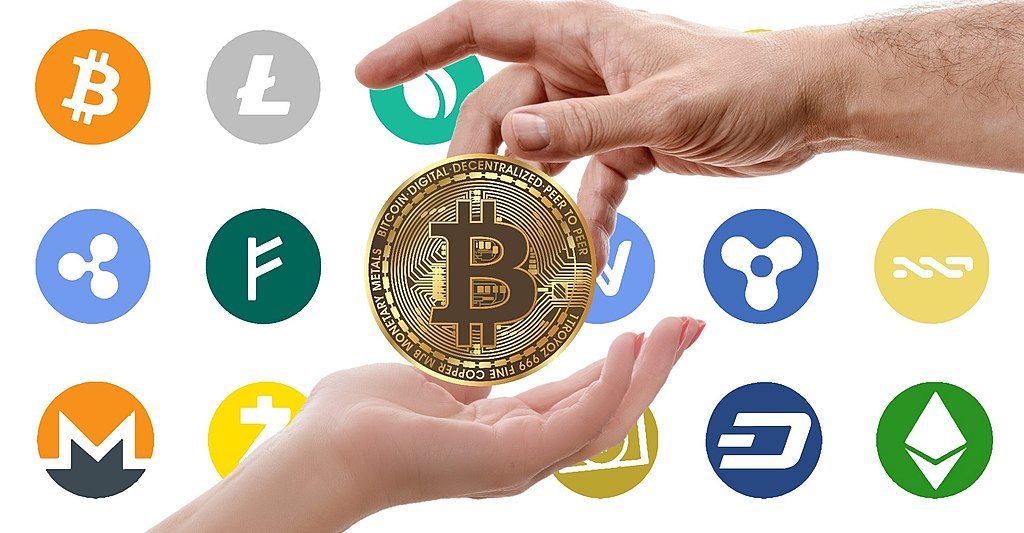By: Amadea Anile

Initial Coin Offerings (hereinafter “ICOs”) and virtual currencies have been largely unregulated.[1] In 2017, the Securities and Exchange Commission (SEC) issued a release suggesting that some ICOs and virtual currencies may be treated as investment contracts.[2] Consequently, issuers of ICOs and tokens have increasingly accepted SEC oversight and are registering offerings with the SEC.[3] An Ontario start-up company, Kik, is planning on fighting back by having a judge decide whether “kin,” a digital token created by and offered by Kik, should be considered an investment contract.[4] A court battle between the SEC and Kik has the potential to define the SEC’s authority over the ICO market.[5] Recently, the SEC has taken action against token issuers; however, there has yet to be a ruling by a judge in a civil case to determine whether ICOs should be considered securities offerings.[6]
According to the SEC, tokens promising investors a return of profits are securities, therefore indicating that “utility” tokens are not securities.[7] The SEC has been using the DAO Report to show that under the Howey test a token offering is an investment contract and should be regulated as a security.[8] Further, the SEC believes most tokens issued in ICOs fall into the category of securities.[9] The SEC is enforcing Kik’s alleged failure to register with the SEC, and therefore failing to give investors proper information.[10]
Kik and other companies using cryptocurrency argue that the tokens represent “a new kind of asset that shouldn’t be subject to the same rules as stock or bond offerings.”[11] Kik should use the precedent set forth in SEC v. Blockvest, LLC,[12] that not all tokens are securities.[13] Kik has argued that the sale terms of Kin fail to meet the requisites that would make it an investment contract because investors were never led to expect to profit on their purchase of the tokens.[14]
Cryptocurrencies need clear
regulation. The rise in popularity of
ICOs and the cryptocurrency markets have made it easier for investors to trade
and use, and consequently brought about a need to develop a regulatory
framework to manage ICOs and cryptocurrencies.
If this issue comes before a court, it will be another step into the direction
of clarifying ICOs, cryptocurrencies, and how they will be regulated, or it may
indicate that this issue needs further review.
[1] See, e.g., Legal Tender? The Regulation of Cryptocurrencies, Council on Foreign Rel. (June 7, 2018), https://www.cfr.org/event/legal-tender-regulation-cryptocurrencies (discussing concerns regarding the lack of regulation particularly that management could decrease use of cryptocurrencies for illicit purposes).
[2] See SEC Report of Investigation Pursuant to Section 21(a) of the Securities Exchange Act of 1934: The DAO, Exchange Act Release No. 81207, 2017 WL 7184670, 15 (July 25, 2017) [hereinafter The DAO Report].
[3] Cox, Hillman & Langevoort, Securities Regulation, Supplement F-1: Cryptocurrencies and Beyond 7 (8th Edition) (citing Gabriel T. Rubin and Dave Michaels, Silicon Valley Is Into Bitcoin. It Wants to Keep Washington Out, Wall St. J. (Apr. 19, 2018)) (noting the increased interest in minimizing federal regulation that would prevent development of the cryptocurrencies are not unduly hampered).
[4] Paul Vigna & Dave Michaels, Are ICO Tokens Securities? Startup Wants a Judge to Decide, Wall St. J. (Jan. 27, 2019, 11:00 AM), https://www.wsj.com/articles/are-ico-tokens-securities-startup-wants-a-judge-to-decide-11548604800?ns=prod/accounts-wsj.
[5] See id. (litigating this case could help the SEC claim authority over the ICO market and subsequently deter the legitimate startups and scammers that have raised “more than $20 billion since 2014”).
[6] See id. (noting that it is unknown whether the SEC’s commissioners have voted to authorize the litigation, which is required to pursue enforcement action).
[7] See Katalyse.io, Security Tokens vs. Utility Tokens — How different are they?, CrytoDigest (July 27, 2018), https://cryptodigestnews.com/security-tokens-vs-utility-tokens-how-different-are-they-8a439c73e616 (defining utility tokens as app coins or user tokens that grant access to the goods or services offered by a company). But see, Jay Clayton, Statement on Cryptocurrencies and Initial Coin Offerings, S.E.C. (Dec. 11, 2017), https://www.sec.gov/news/public-statement/statement-clayton-2017-12-11 (stating that using the modifier “utility” does not prevent the token from being a security because the token can still incorporate features that “emphasize the potential for profits based on the entrepreneurial or managerial efforts of others continue to contain the hallmarks of a security under U.S. law”).
[8] The DAO Report, supra note 2, at 11 (citing SEC v. W.J. Howey Co., 328 U.S. 293, 301 (1946)) (using the flexible principle of the Howey test for investments contracts: “investment contract is an investment of money in a common enterprise with a reasonable expectation of profits to be derived from the entrepreneurial or managerial efforts of others”).
[9] See Vigna & Michaels, supra note 4.
[10] See id.
[11] See id.
[12] No. 18CV2287-GPB(BLM), 14 (S.D. Cal Nov. 27, 2018) (holding that the SEC failed to demonstrate that the BLV tokens purchased by investors were actually “securities” under the securities laws).
[13] See Dean Seal, SEC Hasn’t Shown Crypto Tokens are Securities, Judge Says, Law360 (Nov. 27, 2018), https://www.law360.com/articles/1105406/sec-hasn-t-shown-crypto-tokens-are-securities-judge-says (noting that the SEC failed to definitively show the tokens are securities).
[14] See Paul Vigna & Dave Michaels, supra note 4; see also Kik Interactive, Inc., Kin: A Decentralized Ecosystem of Digital Services for Daily Life, Kik 1, 5-6 (May 2017), https://kinecosystem.org/static/files/Kin_Whitepaper_V1_English.pdf (clarifying that users can “earn Kin by providing value to other members of the Kik digital community through curation, content creation, and commerce. Kik users will be able to spend Kin on products, services, and other valuable assets offered by merchants, developers, influencers, and other participants”).

